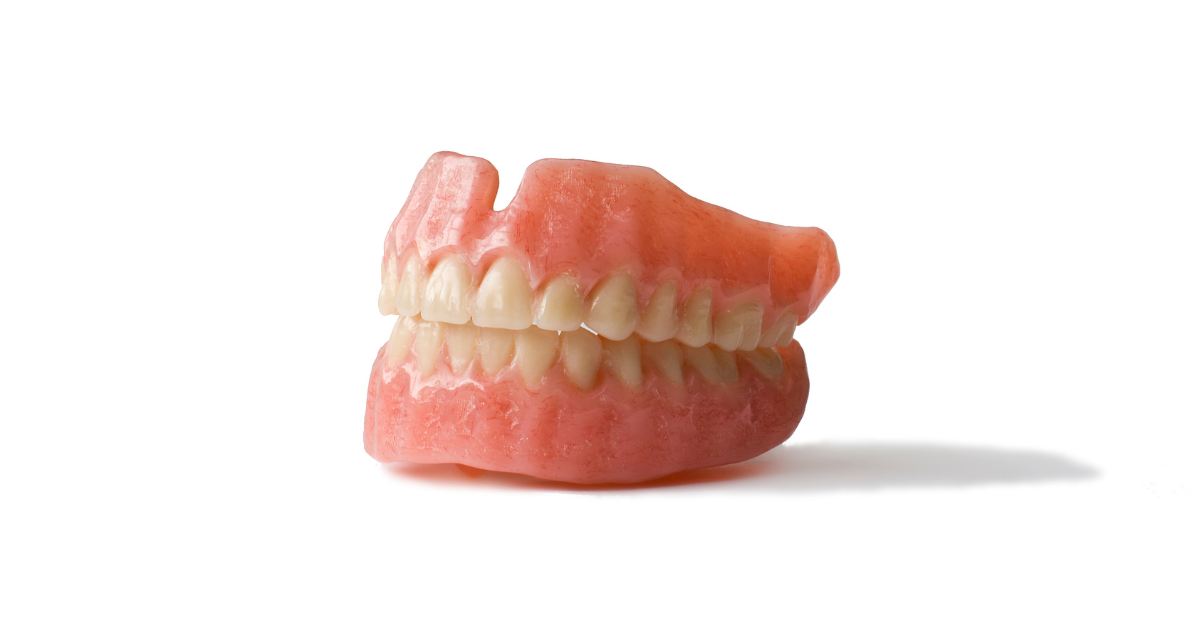Scaling and root planing, also known as prophylaxis, is a common dental procedure that removes plaque, tartar, and debris from the teeth and gums. While this procedure is generally safe and effective, it can raise concerns about discomfort and pain. Understanding the factors influencing pain perception during scaling and root planing and following recommended pain management strategies can help minimize discomfort and ensure a positive dental experience.
Factors Influencing Pain During Scaling and Root Planing
Several factors can influence the level of discomfort experienced during scaling and root planing:
-
Individual Sensitivity: Individual pain thresholds vary, and some individuals may experience more discomfort than others despite effective anesthesia.
-
Extent of Plaque and Tartar: The amount of plaque and tartar buildup can affect the duration and intensity of the procedure, potentially increasing discomfort.
-
Gum Health: Individuals with periodontal disease or sensitive gums may experience more discomfort during scaling and root planing due to inflammation and irritation.
Pain Management Strategies for Scaling and Root Planing
To minimize discomfort and pain during scaling and root planing, dentists employ various pain management techniques:
-
Local Anesthesia: Local anesthesia is the most common method for numbing the area around the teeth and gums, blocking nerve signals and preventing pain sensation.
-
Topical Anesthesia: In some cases, a topical anesthetic gel may be applied to the gums before administering the local anesthetic injection to reduce any discomfort associated with the needle.
-
Nitrous Oxide (Laughing Gas): For patients with anxiety or fear about dental procedures, nitrous oxide, also known as laughing gas, can be administered to provide a sense of relaxation and reduce anxiety.
Post-Procedure Discomfort
While the numbing effect of local anesthesia typically wears off within a few hours, some mild discomfort or sensitivity may persist for a day or two after the scaling and root planing procedure. This is normal and can be managed with over-the-counter pain relievers like ibuprofen or acetaminophen.
Minimizing Post-Procedure Discomfort
To minimize post-scaling and root planing discomfort, consider these tips:
-
Avoid Hard or Sticky Foods: Opt for soft, easy-to-chew foods for the first few days after the procedure to avoid placing excessive pressure on the treated teeth and gums.
-
Maintain Good Oral Hygiene: Continue regular brushing and flossing to prevent further plaque buildup and promote healing.
-
Follow Dentist’s Instructions: Adhere to any specific instructions provided by your dentist, such as avoiding hot or cold beverages or using a mouthwash.
-
Address Persistent Discomfort: If discomfort or sensitivity persists beyond a few days or becomes severe, it’s important to contact your dentist promptly. They can assess the situation and determine if any further treatment is necessary.
Conclusion
Scaling and root planing is an essential part of preventive dental care, helping to maintain oral health and prevent periodontal disease. By understanding the factors influencing pain perception and following recommended pain management strategies, you can minimize discomfort and ensure a smooth and positive dental experience. Please find the dental office near you in these locations: Attleboro, Chelmsford, Hyde Park, Jamaica Plain, Lynn, Manchester, Methuen, Roslindale, Taunton.




